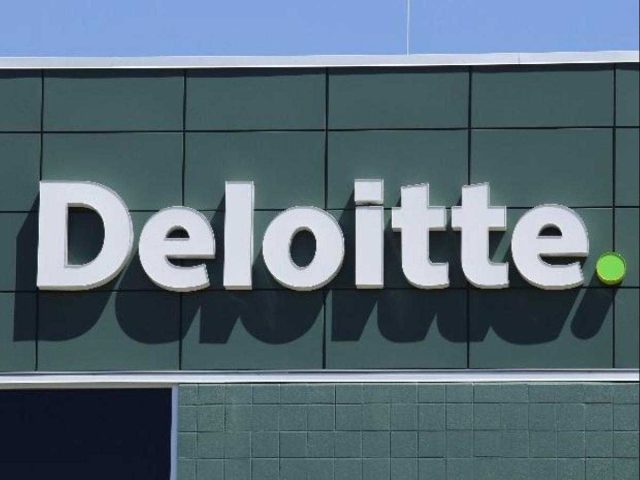President Bola Tinubu has approved a new minimum wage of 70,000 naira per month,11 which is over 130% higher than the current level of 30,000 naira. While this is a welcome development, the more pertinent question is how the state government will afford the new wage level, especially since most states are currently struggling to pay their workers. This implies that state governments will have to either borrow more or increase their revenue generation to bridge the fiscal gap. The senate has approved a supplementary budget of 6.2 trillion naira, of which three trillion naira would be used to finance the minimum wage. This has increased the FGN 2024 Appropriation Bill to 34.98 trillion naira and will further widen the fiscal deficit beyond the 3.4% of gross domestic product projected in the 2024 budget.12
The upward trend in the cost of goods and services is estimated to continue for the rest of the year. The government has a year-end inflation target of 21.4%. This is highly optimistic and may not be achieved, especially if policy implementation lags are considered. In addition, for a country that is highly import-dependent, the role of the exchange rate cannot be overemphasized.
The naira witnessed severe volatility in the early part of 2024 before stabilizing at around 1,500 per US dollar. The local currency touched a high of 1,050 per US dollar and a low of 1,800 per US dollar at the parallel market in the first six months of the year. In the official market, the local currency experienced similar volatility, closing at 1,510.10 per US dollar at the mid-year mark.13
The Central Bank of Nigeria’s foreign exchange measures, which include introducing a “willing buyer, willing seller” market, clearing of foreign exchange demand backlog, and releasing new regulations guiding the operations of the bureau de change’s foreign exchange subsegment, are restoring investor confidence in the economy. If the pace of reform is sustained, it should provide some stability in the market. More importantly, new dollar supply sources will be needed to augment the policies and whittle down speculative demand. Nigeria’s oil production level is also projected to increase marginally to 1.3 million barrels per day in 2024 and 1.35 million barrels per day in 2025,14 from 1.23 million barrels per day in 2023.15 This is expected to boost the country’s export proceeds and dollar supply.
A more stable naira will play a major role in dampening inflationary pressures in Nigeria. An average inflation rate above 30% is expected in 2024.16 However, this is likely to taper toward an average of 23.8% in 2025 due to base effects, and the impact of ongoing monetary tightening.17 Upside risks to this forecast will arise from a possible increase in taxes and tariffs as the government intensifies its revenue mobilization efforts. The government has recently suspended tariffs, duties, and taxes on some imported grains for 150 days to ameliorate the effects of the food crisis on consumer welfare.18 The implementation of other major reforms may also be put on hold in the short term to reduce the contracting effect on consumer pockets.
Ghana
Inflation in Ghana has been on a steady decline since August 2023, with one or two months standing out from the trend. The deceleration has been driven by a tight monetary policy stance, ongoing fiscal consolidation of the government, and relatively stable transportation fares. Ghana’s annual inflation rate has fallen from a record high of 54.1% in December 2022 to a 26-month low of 22.8% in June 2024 (figure 3).19
The disinflationary trend in Ghana is expected to continue over the second half of the year. The Bank of Ghana has a year-end inflation target of 15% (plus or minus 2%). While this appears probable to achieve, there are upside risks, which largely arise from election spending and bouts of local currency volatility. In the first half of 2024, the Ghanaian cedi lost over 20% of its value against the US dollar, due to a mismatch in foreign exchange demand and supply.20 Demand has been growing for US dollars to purchase petroleum products, fuel, and other consumer goods.
On the other hand, cocoa earnings—one of the country’s major sources of foreign exchange—have declined by about 49% in the first four months of the year, due to poor harvests and challenges like smuggling.21 The good news is that the government has made significant progress with its debt-restructuring deal with official creditors, which should fast-track the disbursement of another tranche of funds from the IMF.
The anticipated inflow should shore up external buffers and provide support to the Ghana cedi. This will, in turn, have a positive impact on imported inflation. As of the end of June, Ghana’s gross external reserves were at US$6.9 billion, providing coverage for 3.1 months of imports.22
The anticipated increase in election-related spending will increase the level of money supply in the system, which could spur demand-pull inflation.
















